How Alpacas Enhance Livestock Security & Farming Efficiency
Ever wondered if alpacas can guard livestock? It’s a question that’s been on my mind too. Alpacas, known for their fluffy coats and friendly demeanor, aren’t typically seen as guardians. But, there’s more to these creatures than meets the eye.
In recent years, alpacas have gained quite a reputation in the farming community. They’re not just adorable, they’ve got a protective streak too. Many farmers are now using alpacas to safeguard their herds, and the results are pretty impressive.
So, do alpacas actually make good livestock guardians? Let’s delve into the world of alpacas and find out. From their behaviors to their natural instincts, we’ll explore how these gentle creatures are keeping livestock safe.
Key Takeaways
- Alpacas are often misunderstood as too timid to guard livestock, but in reality, they possess a brave and protective streak. They’ll confront intruders by standing firm and making high-pitched, alarming noises to startle predators and alert the respective herds.
- Alpacas generally bond well with animals similar to them in size and behavior. Smaller livestock like sheep and goats are ideal, whereas they might ignore larger animals such as cows.
- Not every alpaca acts as a guardian. Dominant, older alpacas typically take up the protective role. Less dominant or younger alpacas might step up to defend livestock if they have been raised with them from an early age and strong bonds have formed.
- Alpacas’ natural instincts and characteristics, such as acute senses of hearing and vision, alarmed ‘clucking’ sounds, and a robust defensive posture, make them capable protectors when the conditions are right.
- The effectiveness of alpacas as livestock guardians largely depends on individual traits and factors such as age, dominance in the herd, and association with the livestock. Knowledge of these factors and their behavior can enhance their protective potential.
- Alpacas carry numerous benefits as livestock guards: Their sharp sense of sight and hearing, non-threatening demeanor to smaller livestock, economical and environmental benefits, and low maintenance resulting from natural protection instincts and disease resistance.
- Multiple success stories suggest the effectiveness and benefits of alpacas in protecting livestock while enhancing herd health and safety. From Highland Hill Farm in Pennsylvania to a countryside farm in The Cotswolds, England, alpacas have proven to be not just peaceful cohabiters but effective guardians for livestock.
Alpacas as Livestock Guardians: Debunking the Myths
Over the years, I’ve come across several myths about alpacas, especially their role as protectors of livestock. It’s time to debunk these and shed light on the actual facts.
First up, many folks believe that alpacas are too gentle or timid to fend off any potential threats to the livestock. That’s a misconception. While alpacas do possess a calm and serene demeanor, they don’t shy away when danger presents itself. They will bravely face down intruders, often by standing their ground and emitting a high-pitched, alarming noise that startles predators and alerts the rest of the herd.
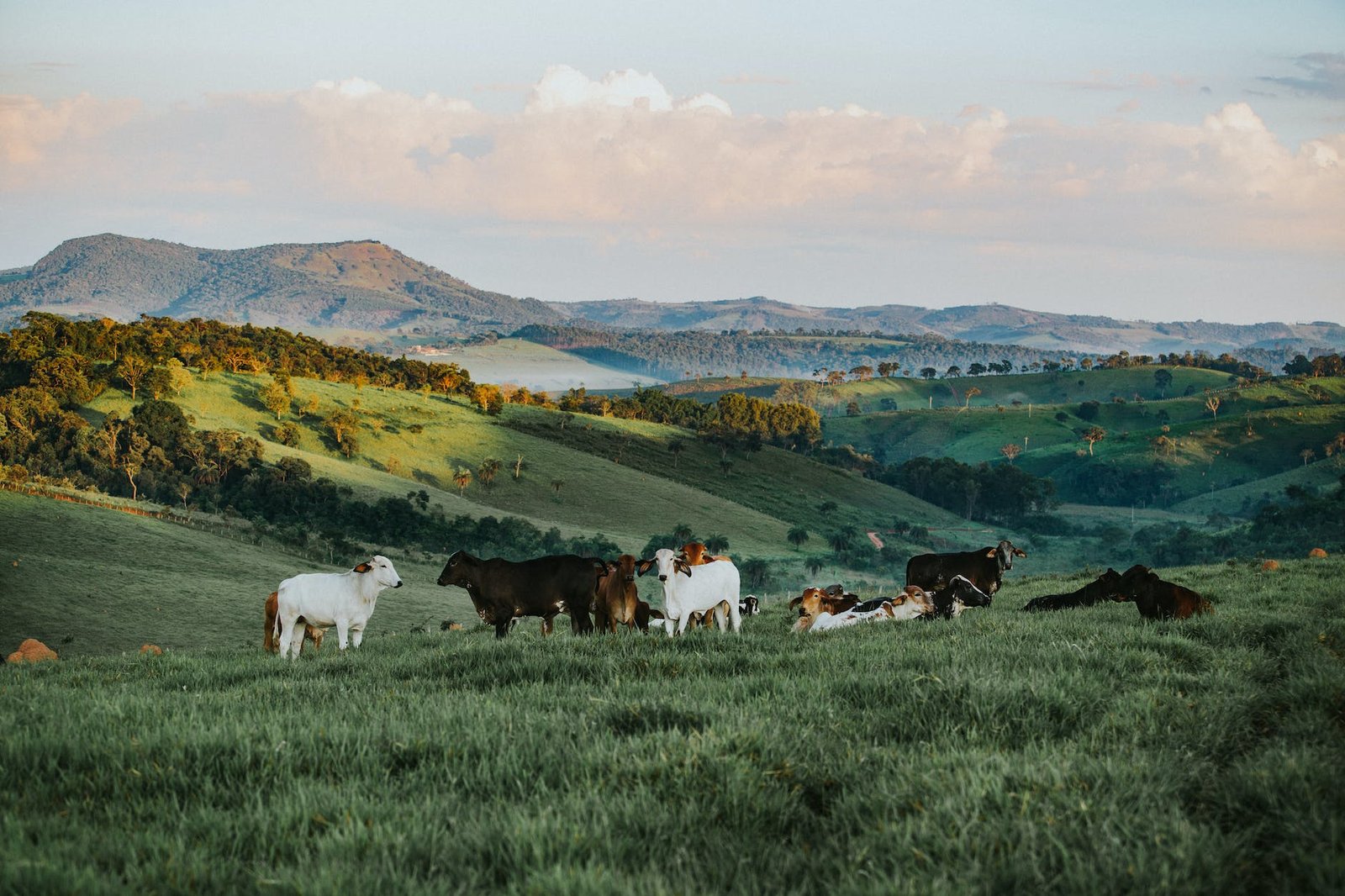
Another prevalent myth is that alpacas will guard any animal. The truth is a bit more nuanced. Alpacas generally bond with animals that are similar to them in size and behavior — sheep and goats being ideal examples. They’ll often ignore or shy away from larger animals like cows.
Lastly, some people believe that any alpaca can act as a guardian. Alpacas are herd animals, based on social hierarchy. It’s typically the more dominant, older alpacas that take up the protective role. Younger and less dominant alpacas may not always step up unless they’ve been raised with the livestock from a young age and have formed strong bonds.
Myths about alpacas and their guarding behavior prosper due to misinformation. The real story is that alpacas can and do guard livestock, but their effectiveness depends on a variety of factors, such as their age, position in the herd, and the particular species of livestock they’re teamed up with. It’s never a guaranteed success, but when the conditions are right, their protective instincts kick in, and they prove to be dependable guardians. As with any animal, understanding their behaviors, instincts and limitations is essential.
Understanding Alpacas’ Natural Instincts
In deciphering the capability of alpacas as livestock guardians, it’s paramount that we delve into their natural instincts. Originating from South America, alpacas have evolved over centuries into instinctive protectors. They’re bred to survive in rugged terrains against a host of predators.
Contrary to their calm demeanor, alpacas’ instincts are sharp, and they spring into action at the sight of potential threats. Alpacas are equipped with acute senses of hearing and vision, which enable them to detect intruders from afar. Once a threat is detected, these peace-loving creatures adopt a surprisingly robust defensive posture.
Alpacas also possess a unique characteristic known as ‘clucking.’ This alarm call, essentially a high-pitched noise, is an excellent example of alpacas’ protective instincts. They use it effectively to not only startle predators but also to alert the rest of the herd, proving their position as guardians.

Alpacas generally bond with animals of a similar size and demonstrate a protective behavior towards them. Be it sheep, goats, or even smaller cattle, alpacas can often be found forging deep bonds with these animals, further underlining their value as livestock protectors.
That being said, it’s essential to remember that a strong bond does not always guarantee an alpaca will act as an effective guardian. Each alpaca operates on individual instincts, and their behavior can largely depend on factors such as age, dominance in the herd, and association with the livestock.
Older, more dominant alpacas often take on the task of guardianship, coming from their established place in the herd structure. However, don’t discount the younger alpacas entirely. When raised alongside certain livestock from a young age, these alpacas can get accustomed to their roles as protectors over time.
While the effectiveness of alpacas as guardian animals depends on myriad factors, understanding their natural instincts and behaviors can significantly enhance their potential as protectors. So, before employing them as livestock guardians, spend quality time studying their natural instincts and interspecies interactions. It will ensure safety for all parties involved and promote harmonious coexistence.
The Role of Alpacas in Safeguarding Livestock
Having already dispelled some common misconceptions about alpacas as guardians, let’s delve deeper into how these remarkable creatures actually protect livestock.
Alpacas do make incredible guardians. They’re observant. They’ve got a keen sense of sight and hearing. They use these abilities to detect threats from a distance and alert other members of the herd. In a way, they serve as surveillance systems for the livestock. These traits significantly reduce the loss of livestock to predators.
But how do alpacas manage to intimidate predators? That’s a good question. As I mentioned before, alpacas aren’t timid. Despite their calm demeanor, they can be fierce when it comes to protecting their herd. They make a series of noises including high-pitched sounds and clicks, known as ‘clucking’. It’s their unique way of scaring intruders and signaling danger to the group.

Alpacas bond well with animals of a similar size, such as sheep and goats, further enhancing their effectiveness as protectors. This affiliation allows them to blend seamlessly into the herd they’re intended to guard, making them less noticeable to predators and allowing them to take intruders by surprise.
Keep in mind that the guardian role among alpacas heavily relies on personal traits. While it’s true that older, more dominant alpacas typically take on the protective role; we cannot overlook the younger ones. Younger alpacas raised with livestock from a young age can also develop into excellent protectors. That’s yet another testament to the complexity and adaptability of these fascinating animals.
Making the most of alpacas’ protective instincts depends on a detailed understanding of their behavior, from knowing what noises they make when they sense danger, to understanding how their guardian roles change with age and experience.
Still, it’s crucial to remember that every alpaca is individual and their effectiveness as a guard will not only rely on their natural instincts but also on how they are raised and their association with the livestock they protect. Even within this context, they have shown to be a worthwhile investment in maintaining the safety and well-being of livestock herds.
Benefits of Using Alpacas as Guardians
Delving deeper into the topic, there’s much more to uncover about the striking benefits of utilizing alpacas as livestock guards. First and foremost, alpacas quite literally bring a new set of eyes, ears, and attitudes to the pasture. Their acute senses of hearing and excellent field of vision are non-negotiable assets when it comes to detecting potential threats.
Stay with me here, it’s not about the size. Unlike the typically gigantic livestock guardians such as dogs and donkeys, these docile creatures don’t pose any threat to smaller livestock. Thanks to their similar size, alpacas coexist amicably with animals like sheep and goats, reducing the risk of injury or harm.
- Alpacas live harmoniously with the herd
- Their size is similar to that of most livestock, reducing the risk of harm
Could it be that these woolly four-legged friends are the perfect guardians? Maybe so. Economically, alpacas serve a multifaceted purpose. They don’t just offer security; they also provide fur – valuable for its softness and heat insulation properties. Their environment-friendly habits are a plus too. Alpacas tend to graze without pulling out grass from the roots, promoting vegetation growth and preventing soil erosion.
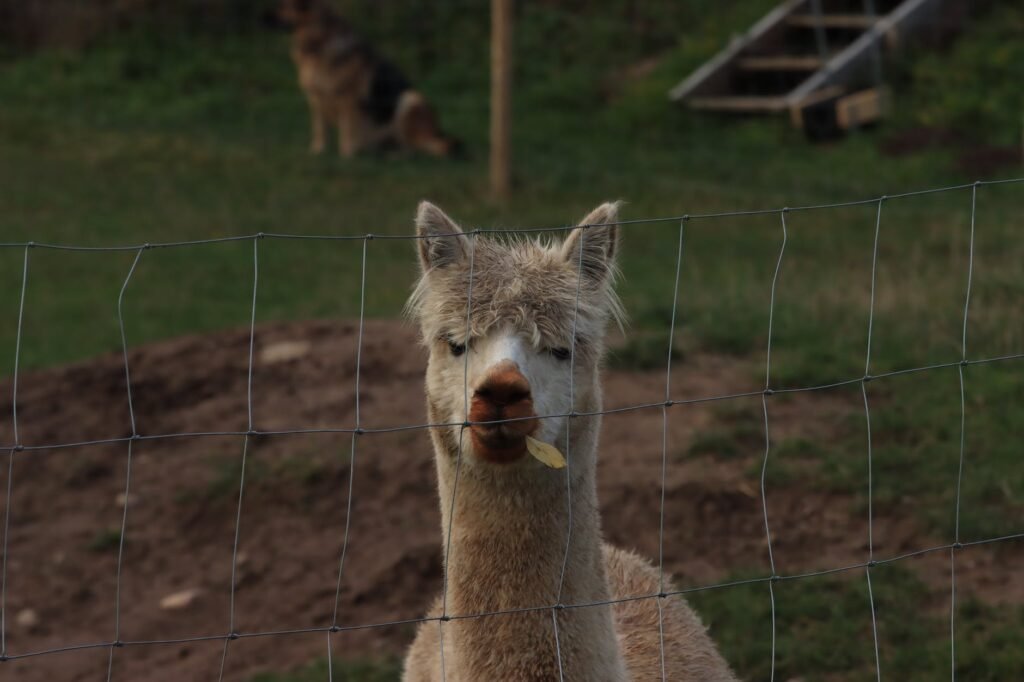
- Alpacas help maintain a healthy vegetation by grazing in a sustainable manner
- Their fur is a source of income because of its softness and insulation properties
I’ll step in here to mention that apart from physical benefits, alpacas are relatively low-maintenance. Regular check-ups ensure their health, yet they don’t need constant care. They’re fairly resistant to disease, and new owners will find them adaptable and easy to handle. It’s interesting to observe how their protective instincts will naturally awaken, needing no training or manipulation.
- Alpacas are relatively low-maintenance and easy to handle
- Natural protectors, they require no special training to guard livestock
Alpacas are undeniably remarkable creatures. Their guardian roles depend on many factors, sharpening with age and experience, yet one cannot ignore the varied benefits they offer when chosen for this job. They are a relatively soft-spoken, economical, and organic addition to the livestock.
Success Stories: Farms that Have Implemented Alpacas as Guardians
Many livestock farmers have seen first-hand the benefits these critters can offer. Let’s dive into a couple of real life stories where farms integrated alpacas with aplomb and witnessed successful strides in livestock protection.
Highland Hill Farm in Pennsylvania has made the switch from dogs to alpacas with remarkable results. The owners were initially skeptical but after observing the alpacas’ keen instincts and ability to get along with their sheep, they noticed a marked improvement in their livestock’s overall health and safety. The alpacas were not just peaceful cohabiters but proved to be effective sentinels keeping vigilant watch over their flock.
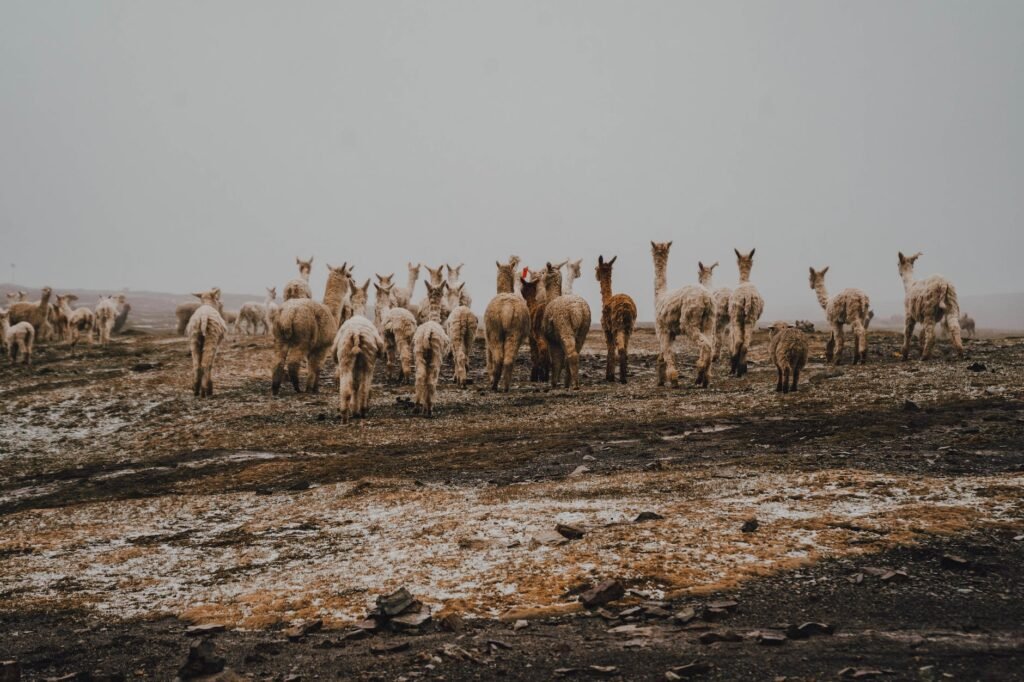
Transitioning over to the west coast, we have Woodstock Farm Animal Sanctuary in California. Adding alpacas to their fold, they quickly noticed their smaller livestock were less skittish, indicating a higher level of security. Even from a distance, the alpacas’ penetrating eyes and sharp hearing would promptly detect any potential threats.
Let’s hop over the Atlantic to the humble countryside of The Cotswolds in England. Here, farmer John Costello decided to try out alpacas as a protective measure for his lambing operation. The gamble paid off, with less lambs predated and more lambs surviving to maturity. The contingent of alpacas formed a formidable line of defense demonstrating that when it comes to protecting livestock, they’re no pushovers.
These stories highlight how different farms, in varying locations, successfully integrated alpacas with their existing operations. Notably, the alpacas played a crucial role in providing a safer environment for both the livestock and the farmers themselves. It’s evident that introducing these guardians into the mix proves beneficial on multiple fronts, from enhancing security to forging better relationships among the herd.
Let’s not forget the precious, high-quality alpaca fiber, a valuable by-product that further sweetens the deal for these farmers. As one can see, the decision to include alpacas in the flock is certainly not taken lightly, but as these success stories illustrate, it pays off in the end.


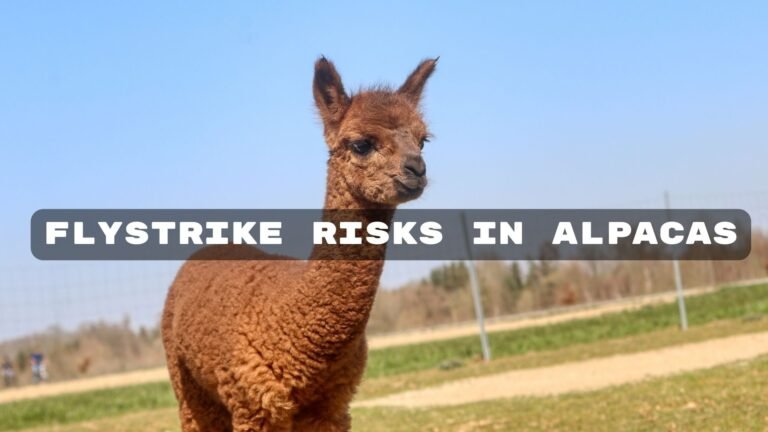

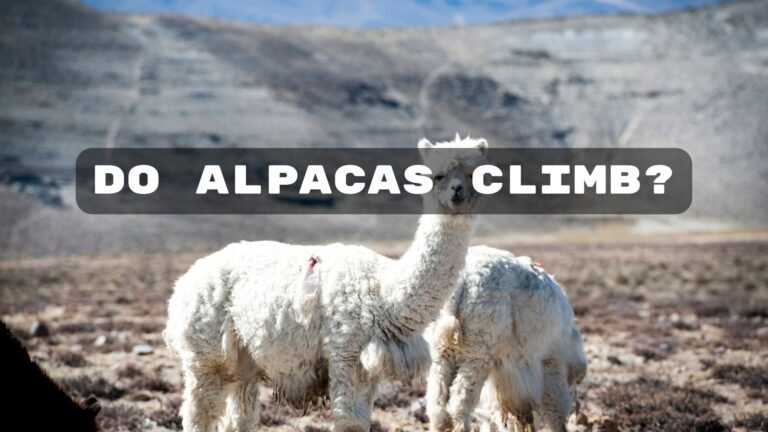
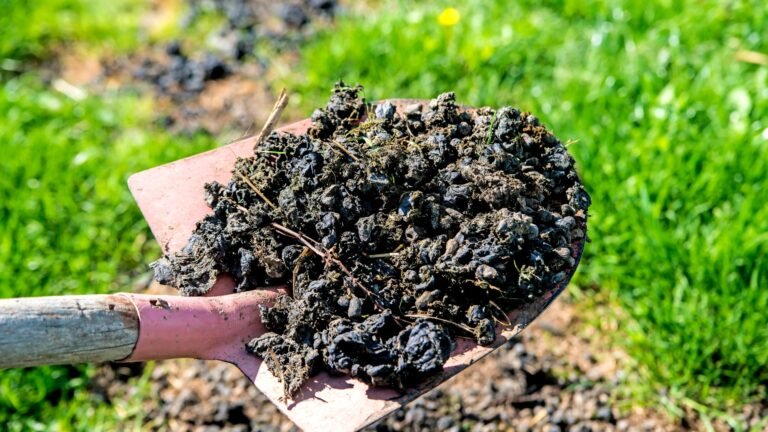


Our picks
Alpaca & Wool Felted Sole Inserts: Comfy Upgrade?
Best Alpaca Socks for Hiking: Ultimate Comfort and Durability on Trails
Best Alpaca Halter for Comfort and Control